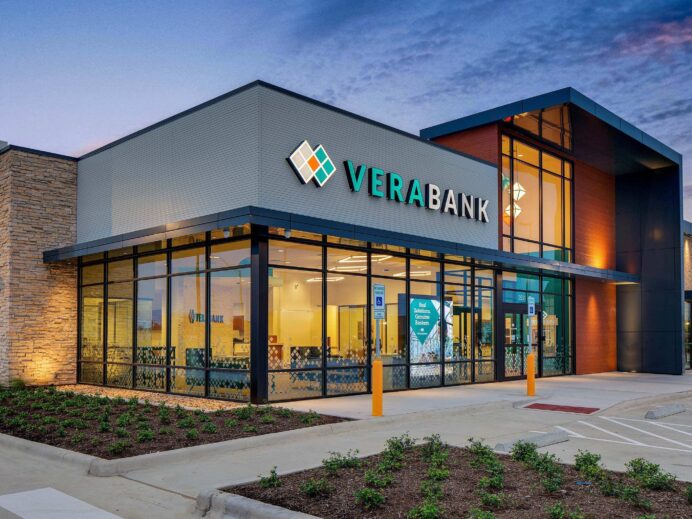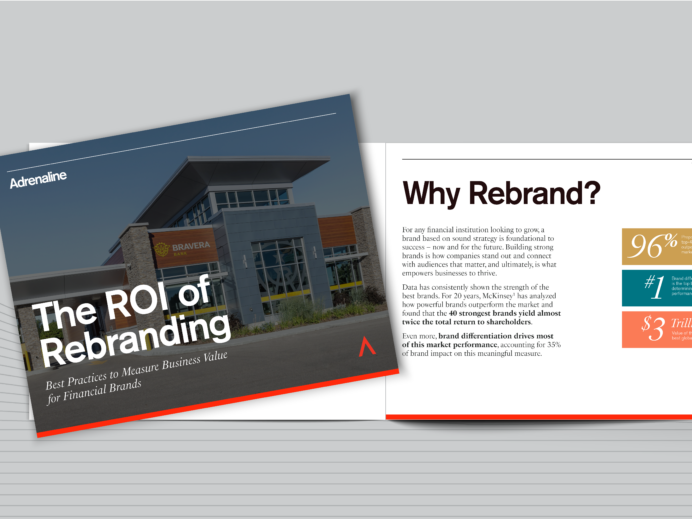In the era of exploding phones, CEO misdeeds, and suspect business practices, one might be tempted to think that the era of brand trust is dead and buried – a quaint vestige of a bygone era.
But two new rankings show that brands that foster a trusting relationship with consumers benefit by becoming global powerhouses. If we’ve learned anything from the folly of Samsung, Uber and Wells Fargo, it’s that consumers still expect brands to do good and be good. You can have the best product in the world, but without a positive corporate culture to back it up, your brand can only go so far. Likewise, if your product fails, your brand culture must support reaction and responsibility.
Bulldog Reporter recently highlighted Temkin Group’s 2017 Trust Ratings. This customer experience research firm studied 10,000 U.S. consumers and their level of trust with 329 companies across 20 industries. Unsurprisingly, some of the lowest ranking industries include TV/Cable, Wireless, and Health Insurance. Some of the highest industries include Supermarket, Car Dealership, and Investment Firms. Merely by looking at the highest and lowest ranking industries, one takeaway is glaringly obvious: focused customer experience, or lack thereof. The industries that are flailing are ones not known for creating a personalized experience for customers. The ones thriving are seen as individualized and curated.
When you think of TV/Cable what immediately comes to mind? Everyone will say in unison it’s sitting around waiting for a local representative of a corporate behemoth to show up at your door. Wireless? Noncompetitive rates, bait-and-switch and no-service messages. Health insurance? Claim denials, confusing paperwork and unexplained expenses. In all of these scenarios, the customer feels like a number, like s/he doesn’t matter to the corporate goliath, and like s/he’s easily replaced by the next sucker standing in line. But it doesn’t have to be that way. Even big global brands can foster trust, deliver on brand promise and make the customer feel like the brand has created a product or service just for them.
In Brand Z’s Global Top 100 Brands, powerhouses like Google, Apple, Microsoft, Amazon and Facebook fill out the top-five most valuable brands. Not surprisingly, two of those brands – Amazon and Apple – also fall in the top-20 most trusted corporate brands. What are these global brands doing to increase their trusted mindshare? They are delivering a customer experience that is at once refreshing and responsive, customized and creative. Apple’s brand promise is innovation right in your pocket. The Genius Bar is where you go to have your problems solved. For Amazon, the brand knows you. The algorithm results in meaningful suggestions, you get your stuff fast, and almost every day the brand adds something else of value for its loyal following. See Prime Wardrobe for the brand’s latest brainchild.
When brands focus on what the customer wants and delivers on that and more – oftentimes before the customer even knows they need it – it becomes a win on brand trust and leads towards brand advocacy. Both Amazon and Apple are known for surprising and delighting their customers with new products and services, and supporting those efforts with human support for when things go south. That’s why people stand in line for hours to get the latest iPhone and tell everyone how amazing Amazon Prime is. Both brands do way more than peddle products – they are authentic in their interactions with customers during every step of the customer journey. They have real people solving real problems in the real world.
In our The Art and Science of Reaching Consumers, we say, “Consumers need to trust that products actually do what they’re supposed to do. Laundry detergent has to get your clothes clean; paper towels have to soak up messes without falling apart; and batteries have to power our electronics without draining too quickly.” In today’s disrupted landscape, good products are just the first step. Developing consumer trust requires much more. You can have a recognized brand, but still fall short in brand delivery. Just ask Comcast or Time Warner – two brands that have a product consumers want, but fail to deliver on customer experience time and again. Elevating brand trust to brand advocacy requires your brand to deliver on products, people and processes in equal measure, every day, in every way.







